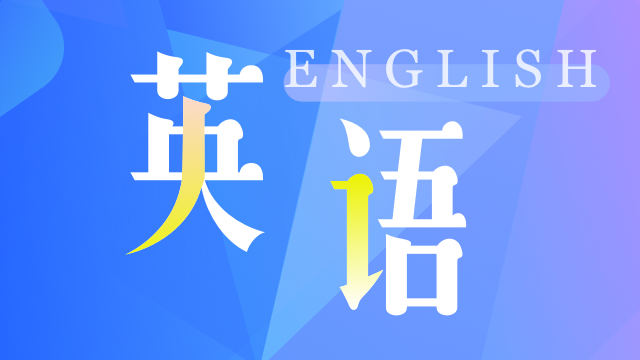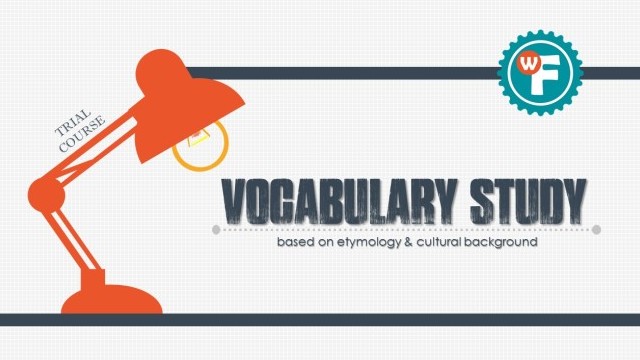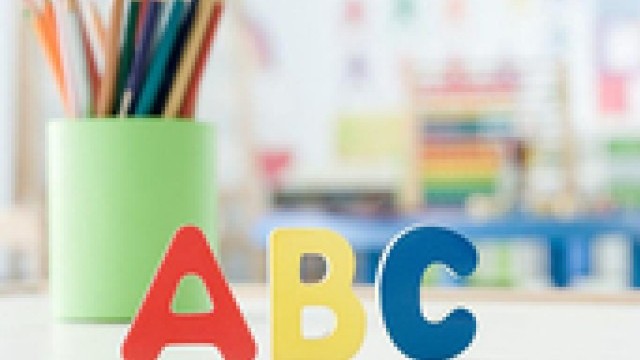Future continuous & Future perfect 将来进行时&将来完成时
Future continuous & Future perfect
将来进行时&将来完成时
The future continuous (will be + ‘ing’ form) and the future perfect (will have + past participle) tenses are used to talk about events in the future. 将来进行时(will be+ ing)和将来完成时(will have+过去分词 )都用来谈论将来要发生的事情。
Future continuous 将来进行时
• Don’t ring at 8 o’clock. I’ll be watching Who Wants to be a Millionaire.
• This time tomorrow we’ll be sitting on the beach. I can’t wait!
We use the future continuous to talk about something that will be in progress at or around a time in the future. 我们用将来进行时谈论将来即将进行或者在将来一段时间会发生的事。
• Don’t phone grandma now, she’ll be having dinner.
• The kids are very quiet. They’ll be doing something wrong, I know it!
These sentences are not about the future but we can use the future continuous to talk about what we assume is happening at the moment. 这些句子不是在讲关于将来的事,但是我们可以用将来进行时去谈论某个时刻将“假设”发生的事。
Future Perfect 将来完成时
• Do you think you will have finished it by next Thursday?
• In 5 years time I’ll have finished university and I’ll be able to earn some money at last.
We use the future perfect to say that something will be finished by a particular time in the future. 我们用将来完成时去谈论将来某个时间将要结束的事情。
We often use the future perfect with ‘by’ or ‘in’ 用到将来完成时的时候,经常跟着by或者in。
• I think astronauts will have landed on Mars by the year 2020.
• I’ll have finished in an hour and then you can use the computer.
‘By’ means ‘not later than a particular time’ and ‘in’ means 'within a period of time’. We don’t know exactly when something will finish. By表示 不晚于某个特定的时间,in表示在一段特定的时间里。我们不知道那事情究竟几时会结束。
• I promise I’ll have done all the work by next Saturday.
We don’t know exactly when he will finish the work – maybe Thursday, maybe Friday – but definitely before Saturday.
- 相关热点:
- 英国文化教育协会:语法和词汇
- 英语词性缩写











